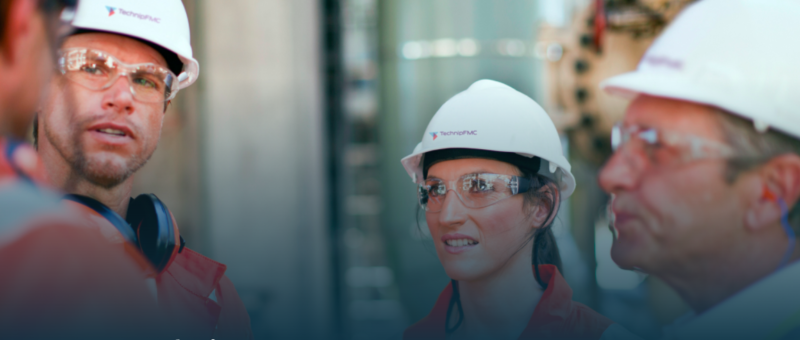
The agreement combines Technip’s global strength in technology, engineering, procurement and construction with BTL’s experience in the design and commercial operation of one of the world’s first FPO production facilities. Using clean wood as feedstock, the facility has been in operation since 2015 in The Netherlands. Uses of FPO include heat, power, transport fuels and potential bio-based chemicals.
Technip and BTL will also collaborate in the development of commercial uses for FPO as renewable fuel and petrochemical feedstock. The agreement will be managed by Technip’s operating center in Zoetermeer, The Netherlands, which has significant technology and EPC experience. The center is part of Technip Stone & Webster Process Technology, which looks after Technip’s expanding portfolio of onshore process technologies in petrochemicals, refining, hydrogen and syngas, polymers and gas monetization.
Stan Knez, President, Technip Stone & Webster Process Technology, stated: “This partnership with BTL will enable Technip to take our development further in a market which is of strategic importance to many of our clients. It will also allow us to better respond to future “green” projects, linking biomass with the petrochemical and refining industries.”
This partnership with BTG Bioliquids will enable Technip to take our development further in a market which is of strategic importance to many of our clients.
— Stan Knez, President, Technip Stone & Webster Process Technolog
Gerhard Muggen, Managing Director of BTG Bioliquids, stated: “This agreement will allow our technology company to launch its global roll-out. The strong combination of Technip and BTG Bioliquids will now start to offer turnkey pyrolysis plants and services to industrial companies seeking to develop new bio-sourced applications and anticipate the transition to a bio-based economy.”
Minister Henk Kamp of Economic Affairs, The Netherlands, added: “This partnership is another step towards a more sustainable refinery sector. I encourage businesses to increase the share of renewables in their energy consumption. That is why the TKI(3) for chemicals has been involved in the preparation and realisation of this technology that uses biomass as a sustainable resource. The collaboration between Technip and BTL will allow this promising technology to be developed further on a global scale.”
This partnership is another step towards a more sustainable refinery sector
— Minister Henk Kamp of Economic Affairs
(1) Engineering, procurement and construction
(2) Unlike traditional biofuels which are produced from edible feedstocks, new generation biofuels are produced from lignocellulosic materials such as straw or wood waste. The fast pyrolysis technology mixes biomass particles and hot sand in a reactor which transforms the material into pyrolysis oil. This oil can be used as a sustainable alternative to fossil fuels for the production of renewable energy and chemicals.
(3) A Dutch subsidy program in which, via Top Sector Alliance for Knowledge and Innovation (TKI), the Dutch Ministry of Economic Affairs stimulates private-public cooperation between research organizations and companies by means of a surcharge for the implementation of programs to encourage private-public cooperation.
Paris, August 25, 2016